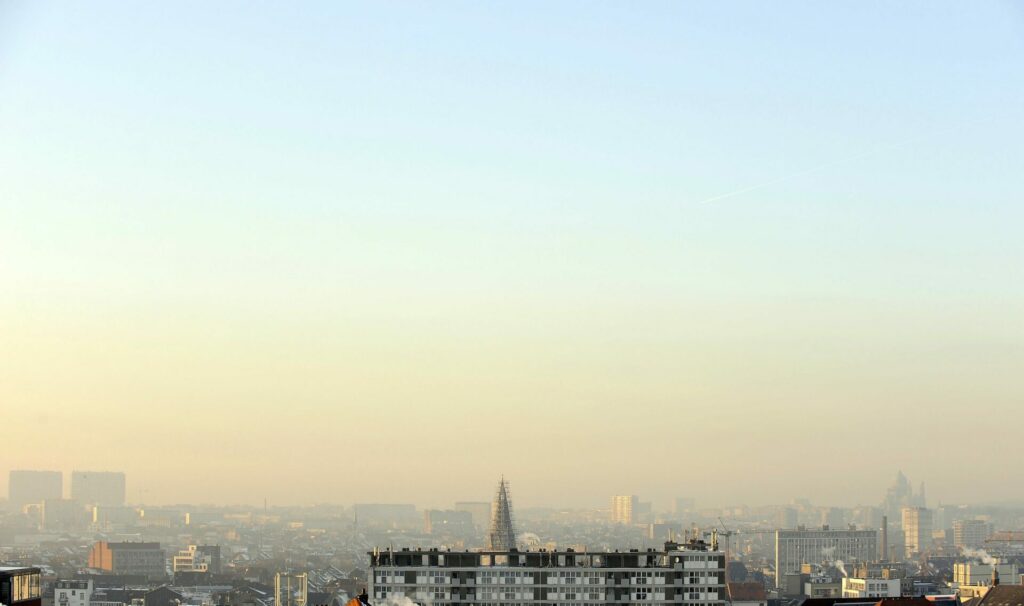The European Parliament has voted to raise air quality standards by 2030 and achieve "zero air pollution" by 2050.
Reforms to the Ambient Air Quality Directive (AAQD), approved on Wednesday with 381 votes in favour, 225 against and 17 abstentions, target pollutants such as fine particles (PM2.5, PM10), nitrogen dioxide and sulphur dioxide.
The targets are the product of gruelling negotiations during which Member States succeeded in securing exceptions to measures. It will be possible for Member States to extend the 2030 deadline by up to ten years under specific circumstances, such as when the required pollutant reductions can only be achieved by replacing a significant portion of existing domestic heating systems.
The bill also includes measures to standardise air quality measurements through the creation of more quality checkpoints. In addition, citizens whose health has been affected by violations of air quality standards will be able to take legal action.
"By updating air quality standards, some of which were established nearly two decades ago, pollution will be halved across the EU, paving the way for a healthier, more sustainable future," stated Spanish rapporteur Javi López (S&D).
300,000 deaths a year
Environmental organisations have reacted positively to the vote. The EU is "setting one of the most ambitious air quality regulatory frameworks globally and will pave the way for other countries and blocs to enact similar legislation," stated Agata de Ru, Head of the EU at Clean Air Fund. De Ru expressed regret at the exemptions requested by Member States.
Air pollution causes 300,000 premature deaths in the EU every year. In Belgium, children, elderly people and impoverished neighbourhoods are the worst affected and more than 10% of deaths in Brussels can be attributed to the issue.
Speaking at a conference on the eve of the European Parliament vote, Brussels Environment Minister Alain Maron (Écolo) said that air pollution must be prioritised by the government in power following elections on 9 June.
European and domestic efforts to mitigate the health effects of air pollution were pushed forward by the tightening of World Health Organisation guidelines in 2021. Member States will have two years to apply the EU directive once it is adopted by the Council and published in the official EU Journal.

